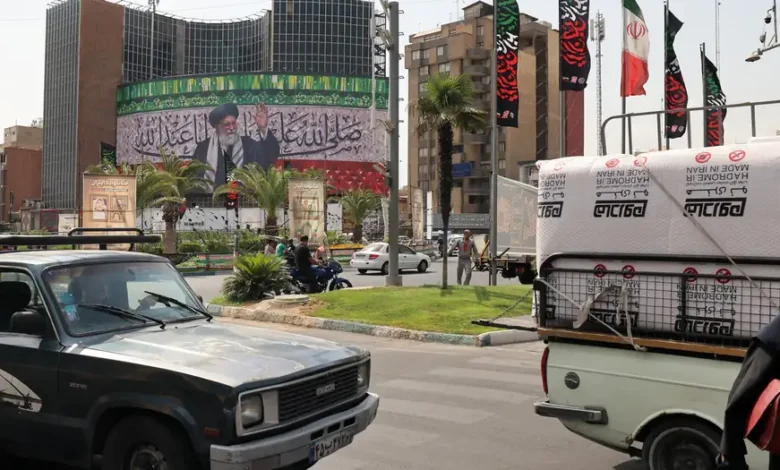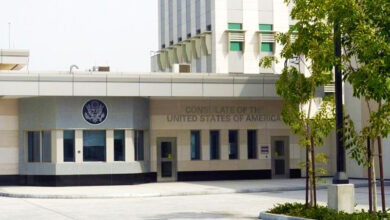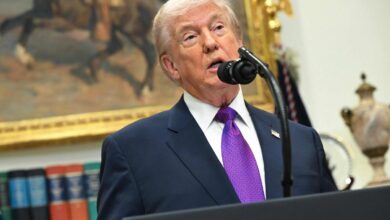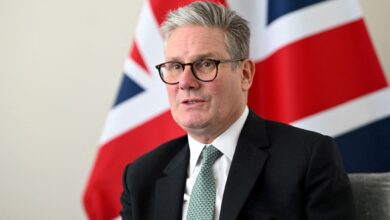
The United Nations sanctions against Iran officially came back into force at midnight GMT on Sunday, marking the first reimposition of such measures in a decade.
The move follows failed last-minute talks at the UN General Assembly in New York aimed at salvaging the 2015 nuclear deal.
The “snapback” sanctions were triggered by Britain, France, and Germany, which accused Tehran of violating the Joint Comprehensive Plan of Action (JCPOA) and pursuing a nuclear program beyond any plausible civilian use.
Dw.com reported, the sanctions will freeze Iran’s overseas assets, ban arms sales, and impose penalties on ballistic missile development, among other restrictions.
In a joint statement, the three European powers (also known as E3) urged Iran to avoid further escalation and return to compliance with its legally binding safeguards obligations, stressing that “the reimposition of UN sanctions is not the end of diplomacy.”
U.S. Secretary of State Marco Rubio echoed the call, urging all UN member states to “immediately” enforce the measures to pressure Tehran’s leadership for global security.
Tehran, however, while rejecting the accusations, recalled its ambassadors from London, Paris, and Berlin for consultations, while President Masoud Pezeshkian dismissed the impact of the sanctions, saying, “It is not like the sky is falling.”
Follow The Times Kuwait on
X, Instagram and Facebook for the latest news updates












